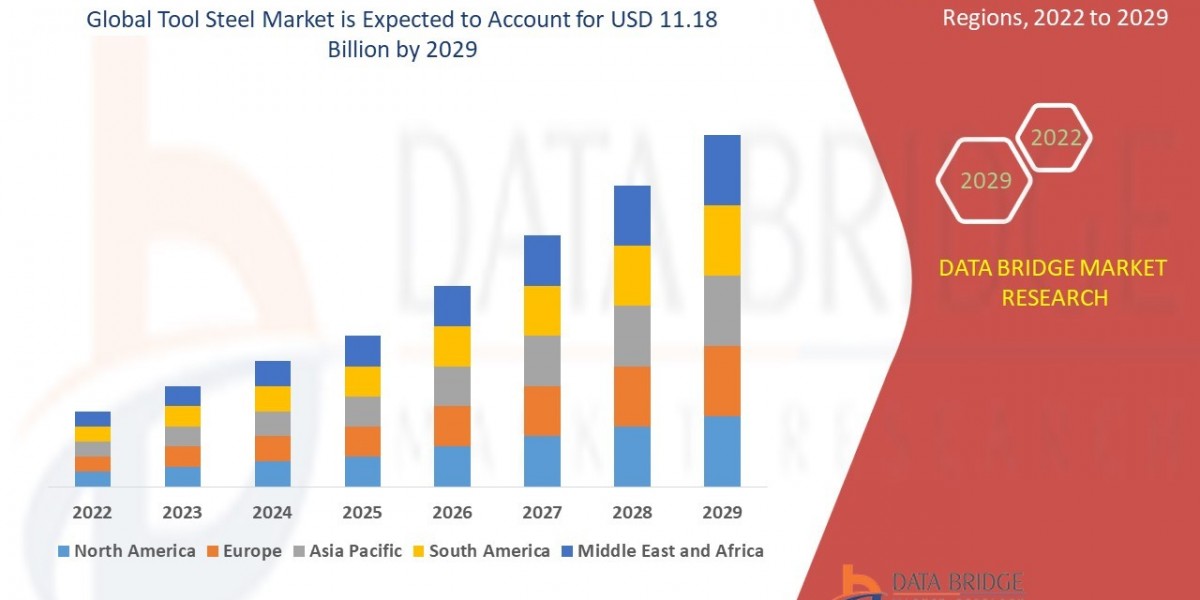The global capsule market is experiencing robust growth and dynamic transformation, driven by an increasing demand for diverse drug delivery systems, a rising preference for plant-based alternatives, and continuous innovation in manufacturing technologies. With the empty capsules market alone projected to grow from USD 3.5 billion in 2025 to USD 5.28 billion by 2029 (CAGR of 10.8%), and softgel capsules reaching USD 10.32 billion in 2025 (CAGR of 5.9% by 2034), this sector is a key enabler for the pharmaceutical, nutraceutical, and even cosmetic industries.
The Rise of Non-Gelatin Capsules: A Plant-Based Revolution
One of the most significant trends reshaping the capsule market is the accelerating shift towards non-gelatin capsules, primarily made from Hydroxypropyl Methylcellulose (HPMC). While gelatin capsules still hold the largest market share (around 78% in 2025 for empty capsules), the demand for plant-based or vegan alternatives is rapidly boosting the overall market for empty capsules. This is largely driven by evolving consumer preferences towards vegetarian and vegan diets, clean-label products, and ethical considerations.
HPMC capsules are gaining significant traction, particularly in the health supplements and nutraceutical sectors, reflecting a broader shift towards plant-based ingredients. Over 65% of consumers now prefer vegetarian capsules due to ethical and dietary choices. HPMC capsules also offer superior moisture protection, making them ideal for moisture-sensitive drug formulations. Despite higher manufacturing costs (30%-50% more than gelatin), the ethical and stability advantages are propelling their adoption, with over 60% of nutraceutical brands in Europe already preferring them for sustainability.
Innovation in Capsule Functionality and Filling
Beyond material composition, innovation in capsule functionality is enhancing drug delivery and patient compliance. The market is seeing increased development of capsules with enhanced features such as enteric coatings for targeted release in the intestines, protecting contents from stomach acid. Fast-dissolving and sustained-release capsules are also becoming more prevalent, offering advantages like rapid drug absorption for swift therapeutic effects or reduced dosing frequency for chronic conditions.
Automated and AI-driven robotic capsule filling machines are becoming indispensable in pharmaceutical manufacturing. These advanced machines offer unparalleled precision, efficiency, and adaptability, capable of handling various capsule sizes, types, and formulations with ease. Their programmability allows for seamless transitions between product batches, while integrated smart sensors detect real-time anomalies to ensure compliance with stringent regulatory standards. Continuous manufacturing systems are also revolutionizing production, integrating all stages from raw material input to final product output, ensuring real-time quality checks for oral solid dosages like capsules.
Market Drivers: Pharmaceuticals, Nutraceuticals, and Geriatrics
The primary driver for the capsule market continues to be the robust growth of the global pharmaceutical industry. The increasing number of drugs under clinical development and FDA approvals for capsule dosage forms directly fuels demand. Capsules offer several advantages over other dosage forms like tablets, including ease of swallowing, palatability, and consumer compliance, making them a preferred choice for many therapeutic applications, from antibiotics to cardiovascular drugs.
The rapidly expanding nutraceutical sector is another significant catalyst. As consumers become more health-conscious and interested in preventive health and wellness, the demand for vitamins, minerals, herbal extracts, and other dietary supplements in capsule form is soaring. Capsules provide a convenient and versatile delivery method that resonates with modern consumers.
Furthermore, the growing geriatric population worldwide is a key demographic driving demand. Older adults often require multiple medications for chronic conditions, and capsules offer an easy-to-manage dosage form, contributing to better adherence and overall health outcomes. This demographic shift emphasizes the importance of convenient and efficient pharmaceutical interventions.
Regional Growth and Key Players
North America currently holds the largest share in the global empty capsules market, benefiting from a strong pharmaceutical industry, high R&D investments, and a well-established supply chain infrastructure. However, regions like Asia-Pacific, including India, are experiencing significant growth. The Indian pharmaceutical sector, with its rising domestic demand, government initiatives like "Pharma Vision 2020," and its position as a generic drug manufacturing powerhouse, is creating a substantial market for capsule manufacturers. Local pharmaceutical clusters, such as those in Pimpri-Chinchwad, are actively contributing to this growth, though recent news also highlights the importance of robust cybersecurity in the sector, as seen with a ransomware attack on a biopharma firm in Pune in April 2025.
Key players shaping the global capsule market include major manufacturers like Lonza, ACG (India), CapsCanada, Medi-Caps Ltd. (India), Mitsubishi Chemical Holdings Corporation, and Roxlor LLC, alongside others. These companies are continuously investing in R&D, sustainable sourcing, and advanced manufacturing technologies to meet the evolving demands of a dynamic global healthcare landscape. The capsule market, therefore, remains a vital and expanding segment within the broader pharmaceutical ecosystem, poised for continued innovation and growth.








